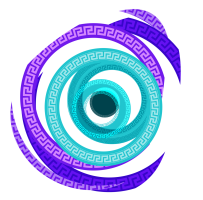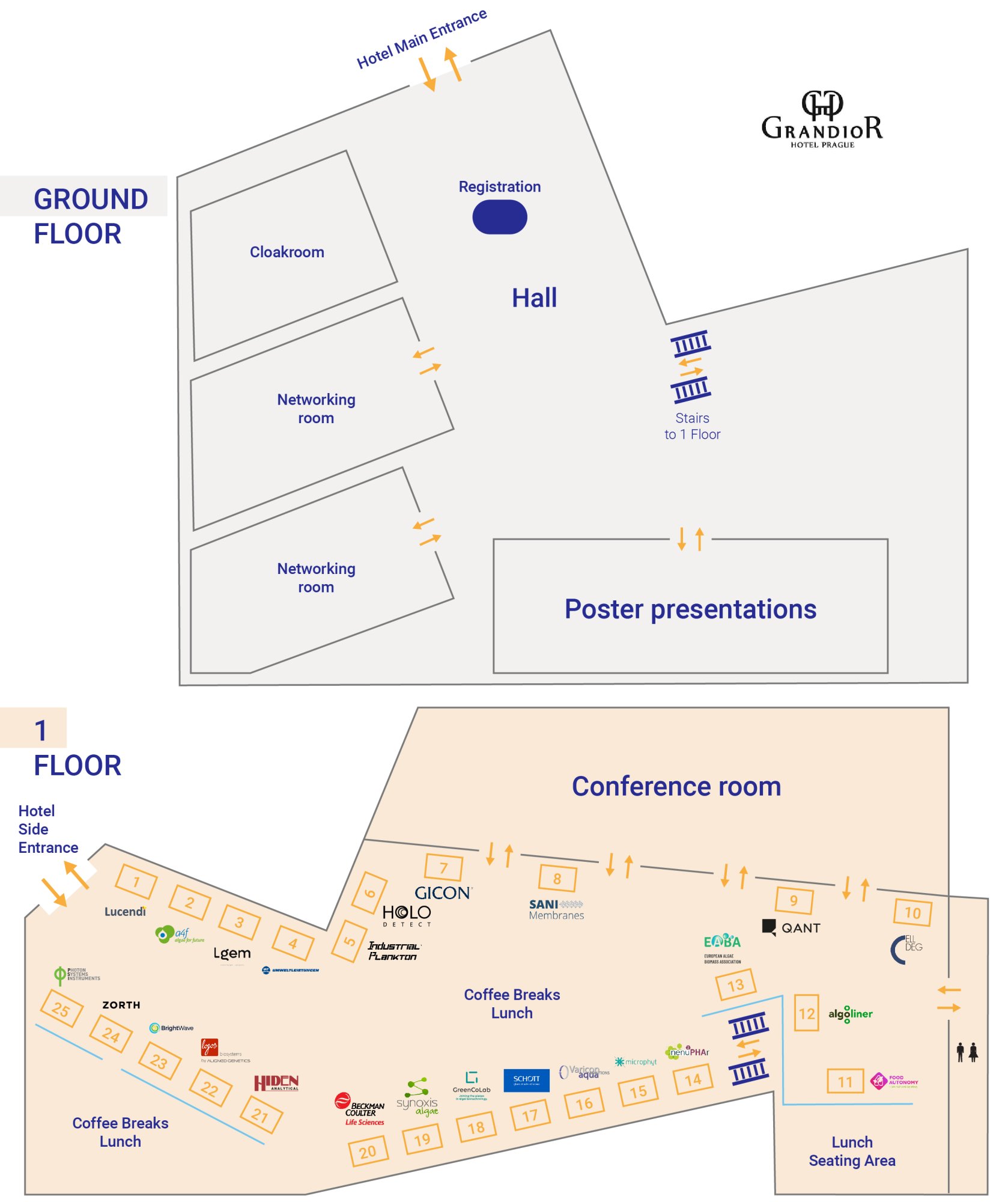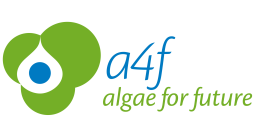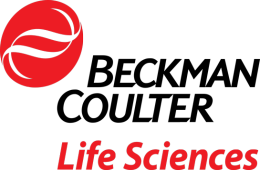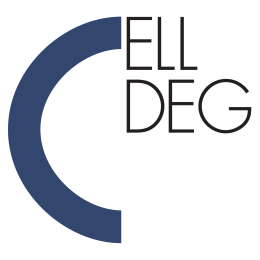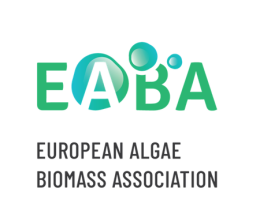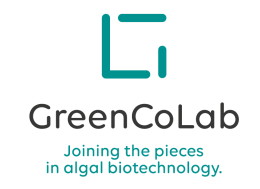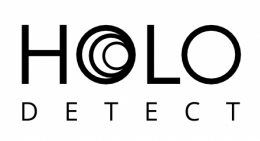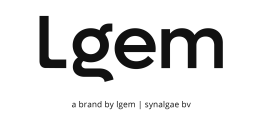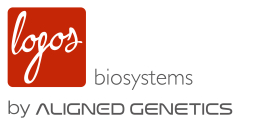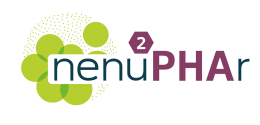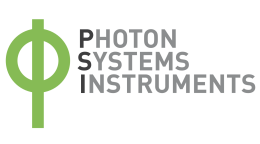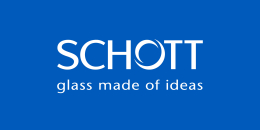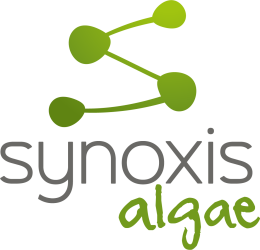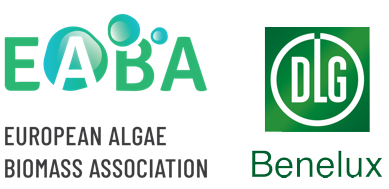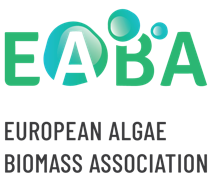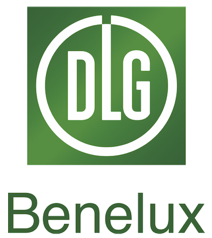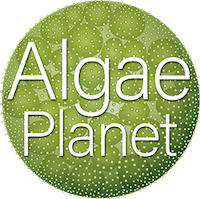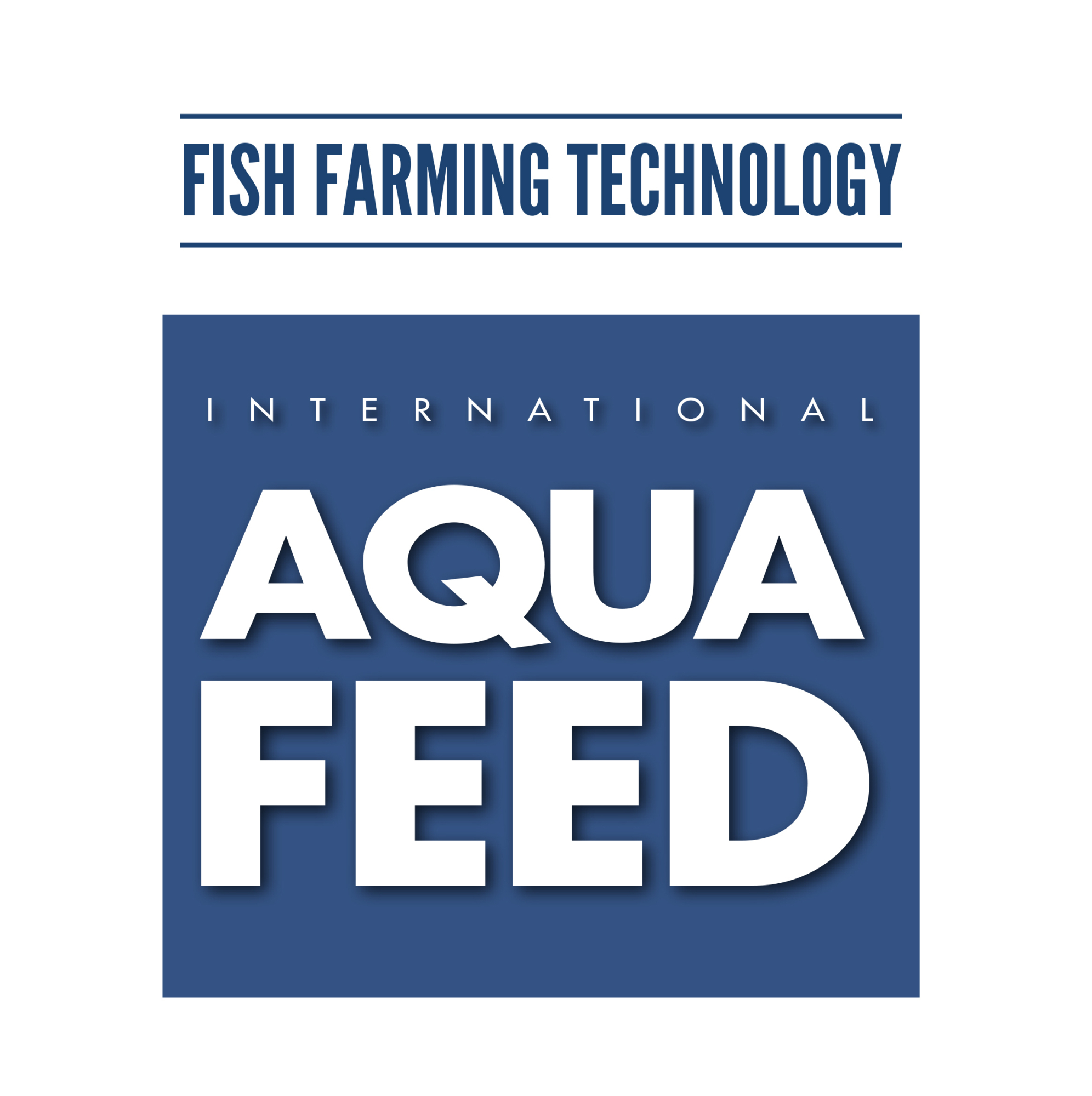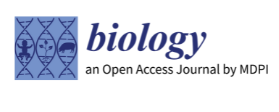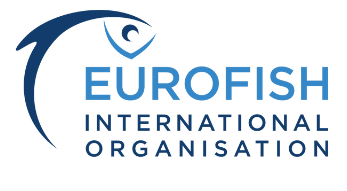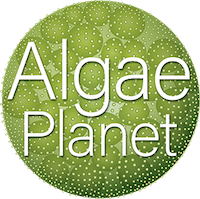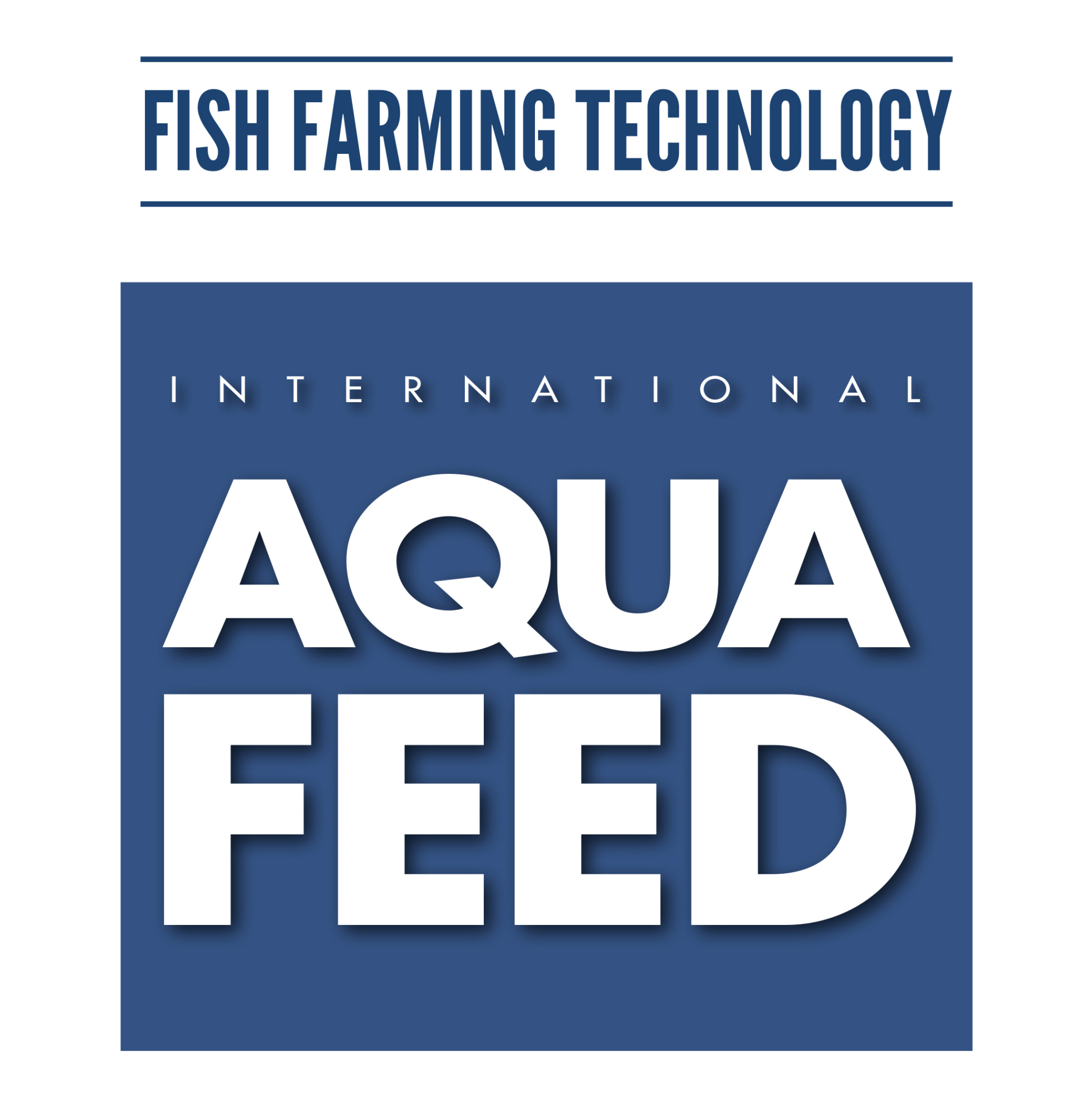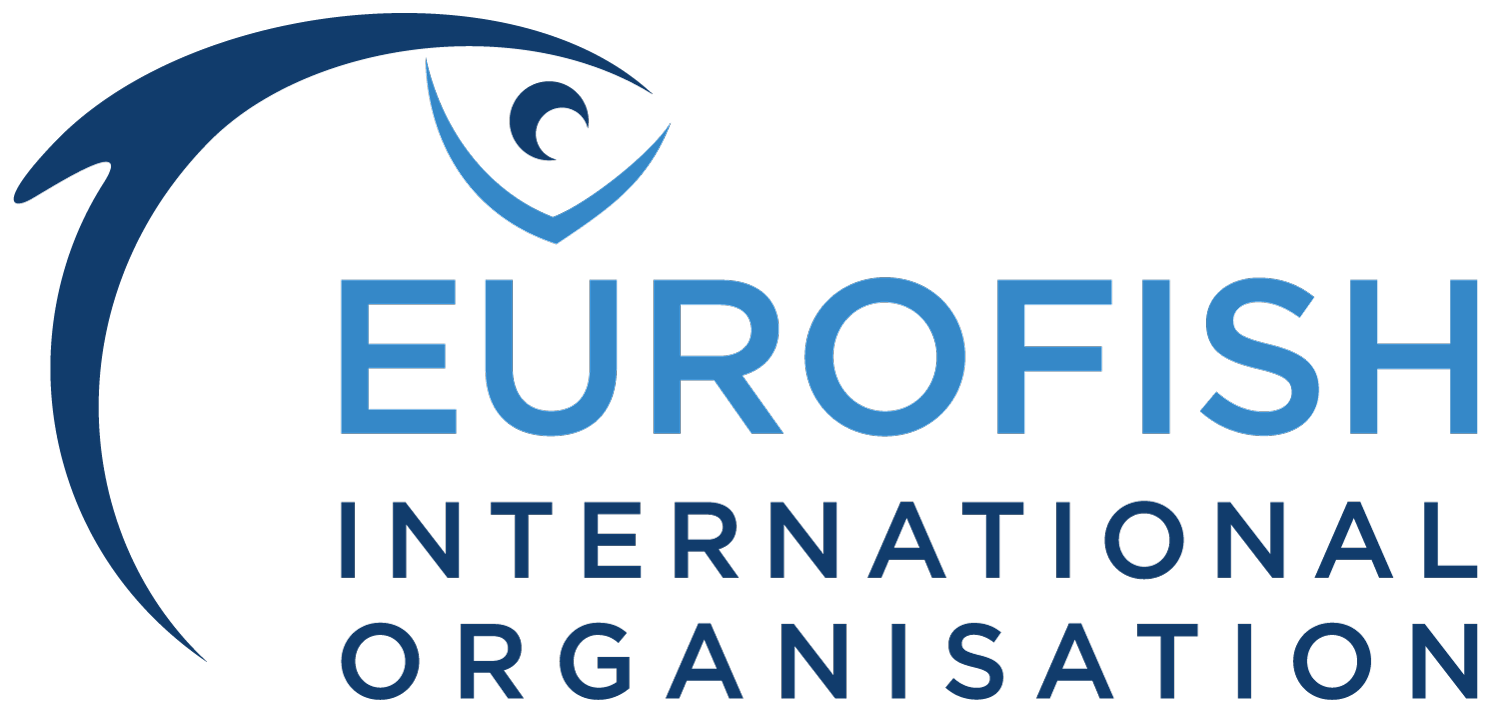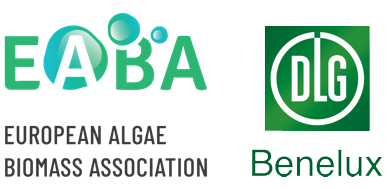

Trade Show AlgaEurope 2023
Floor Plan
Trade Show Participants
A4F
The A4F Group is a bio-industrial conglomerate focused on the development and deployment of bioprocessing technologies. Their mission revolves around harnessing sustainable raw materials and renewable biological resources to create a wide range of products designed for a more sustainable future.
This technology-driven group specializes in the production and processing of seaweeds, microalgae, and other microorganisms for many applications such as food, feed, cosmetics, pharmaceuticals, fertilizers, wastewater treatment, soil remediation, bioplastics, biofuels, and more.
With a dedicated commitment to the future, the A4F Group is actively engaged in pioneering processes and technologies for carbon capture and utilization, along with biomass valorization. Their dedication stems from a genuine desire to create new business opportunities and promote sustainable industrial development and reconversion.
Algoliner
Algoliner is a turnkey supplier for photobioreactors in any dimensions. Their lab reactors have volumes between 1 litre and 1,000 litres while their large scale have no limits.
With their unique production method, they produce the pipes for the large-scale reactors on site in any required length. Hence no packaging, transport and re-assembly with joints is necessary.
Algoliner is the only producer of photobioreactors with aseptically flanges.
The required raw material for our reactors is only 40 % of those of common systems, while the pipes can be easily recycled by 100%
Algoliner realized in the meantime many reactors in different sizes and concepts.
Beckman Coulter Life Sciences
Accelerating answers to your important questions
The company’s heritage dates back to 1935, when Dr. Arnold Beckman founded National Technical Laboratories in California. That year, he sold 87 of his recently patented pH meters, a groundbreaking technology that could be used for everything from water quality testing to laboratory research.
Their mission today, which has changed little since 1935, is to empower those who are seeking answers to life’s important scientific and healthcare questions.
This mission embodies all their efforts to help customers get the data and answers they need, when they need them.
These answers may be important for expediting development of a new, life-saving biopharmaceutical, to help exonerate an innocent person based on DNA evidence, or to help monitor patients with chronic diseases.
If your life’s calling demands answers for these (or dozens of other) important endeavors, you need to know Beckman Coulter Life Sciences. No matter the type or scope of questions you have, they can help you get the answers you need — often faster than you thought possible.
BrightWave
BrightWave specializes in the design and sale of indoor, industrial scale PBRs. They make it easy to co-locate feedstock production with manufacturing, and help organizations develop more sustainable and streamlined supply chains.
BrightWave’s patented PBRs are powered by in-water grow lights that scale algae cultivation vertically and maximize production on the smallest footprint. And they self-clean, increasing production further by eliminating down time.
Their PBRs are already making waves in sectors like food and feed, pharma and nutraceuticals, biomaterials and fuels. They deliver customized solutions and substantial climate impacts to multiple industries, part of their mission to drive global adoption of algae as the world’s most versatile feedstock.
BrightWave is excited to be a sponsor and attending their first AlgaEurope conference!
CellDEG
CellDEG GmbH, located in Berlin, Germany, specializes in high-density cultivation solutions for cyanobacteria and microalgae. Their patented HDC-technology outperforms conventional methods in terms of productivity (≤10 g DW L⁻¹ d⁻¹) and biomass density (>35 g DW L⁻¹) by combining efficient and near lossless membrane-mediated CO₂ transfer, intense illumination, and nutrient-enriched media. Their cultivation systems are available in various designs, including parallel screening platforms (10 ml / 100 ml) and larger bioreactor platforms for axenic biomass production. This makes them suitable for all stages, from small-scale research to industrial biomass production with significantly increased biomass yield and shorter growth cycles. For more information on enhancing photoautotrophic growth, visit CellDEG.com!
EABA
The general objective of the European Algae Biomass Association (EABA) is to promote mutual interchange and cooperation in the field of biomass production and use, including biofuel uses and all other utilisations. It aims at creating, developing, and maintaining solidarity and links between its Members and at defending their interests at the European and international levels. Its main target is to act as a catalyst for fostering synergies among scientists, industrialists, and decision-makers in order to promote the development of research, technology, and industrial capacities in the field of Algae.
In this perspective EABA intends to constitute a basis for:
- Establishing a permanent liaison with EU and EU Member States’ Institutions.
- Defining and expressing a common position on EU issues (legislation, product specifications, trade and sustainability standards, etc.), acting as a technology-neutral platform.
- Representing the European biomass industry and the scientific community at the international level.
- Spreading scientific information and knowledge about biomass and biofuels production.
- Making research and industry alive in public debate.
- Promoting investment and financial support in the field of Algae.
- Helping the structuring and planning of research and industrial development on Algae.
- Fostering scientific freedom as well as responsibility.
- Studying all economic and technical problems which may impact the sector in the European Union and related countries and studying all the direct and indirect environmental, social and economic effects of production and use.
- Breaking scientific boundaries on Algae.
- Promoting the exchange of scientific information and the publication of sound articles.
-Below is a complete summary detailing the draft scope, objectives, and the main draft structure of the EABA.
Food Autonomy Lighting
As an innovative company, Food Autonomy Lighting is convinced that the key to success is the application of new technologies. Having in-depth knowledge in the field of lighting techniques, we are focusing specifically on greenhouse lighting and vertical farms. Their aim is to offer world-class quality LED lighting and smart solutions to growers and farmers for use in their precision indoor farming operations.
GICON
The GICON® Group is a group of international, independently operating engineering service providers. Sustainability in the handling of resources, in the use of energy and in the extraction of raw materials as well as a responsible approach to risks in favour of a clean environment and a society worth living in - both today and in the future - these are the guidelines that guide their daily work and this is how they understand their service to their customers.
GICON® was founded in 1994 and is an owner-managed engineering office with its headquarters in Dresden, Germany. More than 500 employees work in more than 30 departments in several branches in Germany and worldwide.
Innovation through research is a GICON® trademark. Both as a service provider for their customers and for the further development of the company, they research and develop new processes, products and services. To this end, they have created an extensive network of cooperative relationships with leading research institutions.
GICON® engineers have planned a broad variety of photobioreactor plants ranging from R&D to commercial sized systems for 25 years using their detailed expertise in plant design, approval planning, process engineering, biotechnology, biology and bioenergy systems. As one of its main R&D areas, GICON® is active in several projects to further develop microalgae-based technology solutions.
GreenCoLab
GreenCoLab is a private collaborative non-profit research & innovation organization addressing academia and industry needs on the valorization of micro- and macroalgae. They provide specialized services tailored to the requirements of the algae-based industry and academia.
Their comprehensive Service Platforms cover fundamental research and applied solutions, including chemical analysis, biological activities, molecular biology, biorefinery, sustainability and contract research. Their laboratories are equipped with state-of-the-art technology, enabling them to achieve high precision and data quality in their analyses. With extensive knowledge of extraction and detection techniques for algal-typical compounds, they ensure the accurate identification and quantification of targeted molecules and compounds.
Whether you require support for cultivation, processing, or product prototype development, their dedicated research groups offer customized contract research solutions to meet your unique specifications.
Hiden Analytical
Hiden Analytical: Pioneering Algae Research
Hiden Analytical, founded in 1981, stands as a global leader in the scientific instrumentation sector. Their cutting-edge solutions, particularly the HPR-40 DSA (Dissolved Species Analyzer) and pQA, are at the forefront of advancing algae research.
Their analyzers accurately monitor dissolved gases such as oxygen and carbon dioxide in algal environments. This allows researchers to track algae's photosynthetic and respiratory rates, offering insights into their health and productivity. These insights, in turn, enable the optimization of growth conditions to boost algal yield and efficiency.
Furthermore, their devices are pivotal in exploring algae's potential as a renewable biofuel source, measuring hydrogen gas production. They also aid in ecological and climate change research by assessing changes in algal populations and their role in global carbon cycles.
At Hiden Analytical, they're committed to providing precise, real-time measurements, thereby supporting scientific endeavors in understanding algal metabolic processes and environmental responses. Through continuous innovation, they remain dedicated to empowering researchers and fostering a sustainable future.
HOLODETECT
HUN-REN SZTAKI is a research institute with the fundamental task of performing basic and application-oriented research in an interdisciplinary setting in the fields of computer science, engineering, information technology, intelligent systems, process control, wide-area networking, and multimedia.
HOLODETECT instruments are developed by the Computational Optical Sensing and Processing Laboratory of SZTAKI. HOLODETECT instruments utilize Digital Holographic Microscopy (DHM) and artificial intelligence to automatically analyze volumetric liquid samples to detect, classify, measure and count objects, cells, and other microorganisms in the 3–100-micron range with specific algorithms developed for the microalgae industry.
Industrial Plankton
Founded in 2010, Industrial Plankton Inc. designs and manufactures turnkey bioreactors
Their technology is optimized for reliability, ease of use, and biosecurity. Customers operate their photobioreactors in 32 countries around the globe. Their equipment is highly automated, increasing reliability and saving operators countless hours. The result is trustworthy equipment capable of easily and reliably producing biosecure, algae.
LGEM
Lgem offers reliable systems for cultivating any algae at any scale. With over 16 years of experience with autotrophic algae, Lgem provides a solid basis of knowledge, skills, technology, and R&D.
Lgem’s iconic two-phase PBR solutions have increased productivity and deliver stable algae production at lower operational costs. Lgem’s patented PBR systems are automated, fully integrated, and industry 4.0-ready. Lgem’s PBRs range from 20 litres to >1.000.000 litres.
At Lgem, investment risk reduction is a crucial success factor for its clients. The AlgaeHUB facility (>20 FTE, 7.000 m2 with >10 production units available) allows customers to optimise and validate their business case on an industrial scale before making significant investments.
Currently, Lgem works for both established and new innovative food companies and the feed, pharma, and cosmetic industries. Lgem can successfully cultivate more than ten different microalgae strains, including some of the most fragile species/variants.
Logos Biosystems
With a focus on ‘seeing beyond the cell’, Logos Biosystems works towards improving human health through the development of practical, smart imaging solutions that truly help scientists and researchers achieve their goals. They will present the LUNA-FX7TM, an automated cell counter which allows counting of microalgae in brightfield or fluorescence to standardize this critical step.
Lucendi, Inc.
Lucendi, Inc. is a leading innovator and developer of AI-enabled smart measurement platforms for cost-effective and high-performance micro-object detection and characterization. Lucendi's Aqusens platform leverages cutting edge deep learning and holographic microscopy technology to optimize algae cultivation and research, as well as detection of pests - empowering scalability and operational efficiency of algae production. Aqusens analytics enables high-throughput monitoring and trending of individual algae parameters, such as size, shape, color, lipids content, etc., and analysis of the culture overall, such as concentration estimates, clumpiness, fluoresence capacity, etc. Aqusens can also be trained for automated classification of multiple algae and/or pests, allowing precise characterization of heterogeneous cultures. Aqusens platform can be customized for the unique requirements of their partners, while Lucendi team provides continual support and operational oversight.
Microphyt
Microphyt – Fostering a blue future
At the crossroads of life sciences and bio-processes, they develop the next generation of natural ingredients from microalgae for a better living.
Based in the South of France near Montpellier, Microphyt is a leading company in the development, production and commercialization of microalgae-based bioactives for health and beauty. With more than 10 years of expertise in the field, Microphyt leverages microalgae’s previously untapped diversity to provide unique solutions for Nutrition and Wellness. Microphyt's technologies, developed in-house and patented, enable the controlled production of a wide variety of microalgae sustainably at an industrial scale. Microphyt currently employs 55 people and has filed 10 patent families.
NENU2PHAR
Nenu2PHAr partners will develop, an original route to produce PHA (Polyhydroxyalkanoate) from sustainable and renewable resources: micro-algae biomass using CO2 as carbon source and processed by selected bacterial strains. PHA are a group of biopolymers recognised as attractive substitutes to fossil fuel-derived plastics in a wide range of applications. Indeed, they are renewable, biodegradable and bio-based polyesters. Nenu2PHAr brings together at different stages of the value chain teams from 16 partners from 7 European countries. The project will be carried out over 42 months, from September 2020 to February 2024, with an overall budget of € 6.4M including € 5M funding from the Bio-Based Industries Joint Undertaking (BBI-JU) under the European Union’s Horizon 2020 research and innovation programme.
PSI (Photon Systems Instruments)
PSI (Photon Systems Instruments) is the world leader in development and manufacturing of cutting-edge instrumentation for imaging and monitoring of biological signals in plants and algae for more than 25 years. They were the first company to offer a chlorophyll fluorescence imaging system, and we remain at the forefront of technology for monitoring growth and physiological activity in samples that range from individual cells to large crop and tree species. Their products are used all over the world, at universities, research institutions and biotech industries as well. They are used in terrestrial and aquatic environments, in the laboratory and in the field, from the tropics to the high Arctic.
The quality of their products is impeccable. In 2017, the founder of PSI, Mr. Martin Trtílek, won the EY Technical Businessman of the Year, reflecting the success of PSI on the world stage, and the prestige in which the company is held by its clients. In addition to providing instrumentation, they offer dependable, and timely, worldwide support through our offices in Europe, Australia and North America.
Currently, PSI portfolio includes complete assortment for algal bio-technology from precise small and large scale photobioreactors and other cultivators, through a range of hand-held and bench-top devices for chlorophyll fluorescence detection and imaging, to fully automated phenotyping stations based on microplates and Petri dishes.
Please visit their website www.psi.cz for more information, and do not hesitate to contact them with any questions. Or visit them in Drásov, Brno region. They look forward to seeing you!
Q.ANT
When cultivating algae, population vitality is crucial. Q.ANT Particle Sensors enable the real-time detection and analysis of size, velocity and position of particle sizes ranging from 2 to 700 microns for real-time monitoring of algae cultivation in bioreactors. By providing an instant evaluation of growth phases and key cellular attributes like size, cell debris, agglomeration factor or contamination of single algae cells, the sensor’s analysis provides real-time insights into the algae culture, enhancing the understanding of their state.
Operation, as well as real-time display of analysis results, are enabled via a browser-based, easy-to-use interface. The WebGUI visualizes detailed distributions of size, velocity and count of the particles and statistical analysis values of the measurements in real time, which are stored in detailed reports. In addition, the WebGUI is characterized by its extensive settings of the measurement parameters, which make the measurements specifically adaptable to your application.
For laboratory environments, repeatable analyses are possible and data can be exported, stored and securely transferred via customizable APIs to laboratory systems or the cloud. In the future, the online process integration of the sensor will enable real-time process control in bioreactors to increase their productivity as well as the quality of the processed media.
SANI Membranes
With the unique Vibro™ Technology, SANI Membranes offers a technology where harvest, separation, and concentration can all be done in one single unit. The Vibro™ units handle harvesting, thickening, dewatering, and even separation of algae debris and protein, as well as protein concentration.
The technology makes it possible to optimize several separation processes within the algae industry, where centrifuges, hollow fibers, ceramic membranes, and other separation techniques can be replaced. Vibro™ Technology is characterized by its ability to reach very high concentrations, such as nannocloropsis up to 190 g/l and chlorella up to 290 g/l.
With Vibro™ Technology, you also get a solution that gives you a reusable permeate, scales up easily, is user-friendly, is simple to install, and has low energy consumption.
SCHOTT
SCHOTT is a manufacturer of high-tech materials based on specialty glass. Always opening up new markets and applications with a pioneering spirit and passion – this is what has driven the #glasslovers at SCHOTT for more than 130 years. SCHOTT’s Business Unit Tubing is one of the world’s leading manufacturers of glass tubing, rods and profiles. SCHOTT Tubing provides customized products and services for international growth markets such as pharmaceuticals and electronics as well as industrial and environmental engineering, like photobioreactors (PBR). With DURAN® borosilicate glass tubing, manifolds, bends and food-grade couplings the BU Tubing provides ideal materials for algae cultivation in PBR systems: Smooth interior surfaces are easy to clean, protect against biocontamination and ensure food grade algae quality. With a lifetime of over 50 years and a consistently high light transmission, glass offers a cost effective and productive solution.
Synoxis algae
Synoxis algae designs and markets a wide range of automated high-density algae cultivation systems: photobioreactors, barrels, raceways. From microalgae to macroalgae, it provides different solutions for algae culture experts around the world from different sectors, such as food, cosmetics, research, green chemistry, and aquaculture. As a spin-off of the plastics manufacturer Synoxis, existing since 1981, Synoxis algae has twenty years of experience in the field of aquaculture. In 2003, Synoxis participated in the thesis of Erell Olivo called “Design and study of a photobioreactor for the continuous production of microalgae in aquaculture hatcheries”, in partnership with Ifremer and the University of Nantes. This led to several years of research and development on algae cultivation systems and algal biotechnology. Its range of microalgae photobioreactors is made up of three models: a small benchtop model NANO (3 L) for research laboratories, a nomadic intermediate model LUCY (16 L) for the production of inoculum and an industrial model JUMBO (285 L) for mass production. Today, Synoxis algae has 60 installations in France and abroad in all business sectors.
Umwelt- und Ingenieurtechnik
Biomass investigation reactors for continuous fermentation tests, laboratory and technical scale pilot plants. The production scheme for microalgae products comprises several stages of processing. That requires a detail investigation. Umwelt- und Ingenieurtechnik GmbH Dresden (UIT, www.uit-gmbh.de) is an internationally active, innovative company that belongs to the General Atomics Europe Group (GAE, www.ga-europe.com). They offer various developed standard and customized reactors, equipment, systems and solutions equipped with customer-specific measurement technology to meet individual technical requirements and specifications. Our delivery and engineering services range from laboratory to pilot scale plants.
Varicon Aqua
Varicon Aqua is the manufacturer of the Phyco-™ range of photobioreactors and the Cell-Hi line of algal nutrients. They are based in the UK and their team has more than 30 years’ experience designing, constructing and deploying algal photobioreactors, high rate algal ponds and aquaculture production systems worldwide. All Varicon Aqua products are built to the highest specifications using high throughput precision manufacturing processes. They combine this manufacturing experience with strong supply chain relationships, giving a systems wide understanding of both the equipment and production processes. This unique experience gives them a competitive advantage during client engagement and project specification, allowing them to provide bespoke photobioreactor and cultivation systems for a wide range of applications. They pride themselves on the ability to support the client from conception through to commissioning and exploitation, an ability founded on a clear understanding of the interplay between the needs of the organism and their engineered solutions.
To date they have deployed over 290 photobioreactor systems across the globe, ranging in scale from 5 L to 400,000 L. All Varicon Aqua systems are built to high specifications using precision manufacturing processes. Prominent products include their serpentine Phyco-Flow™ and Phyco-Pond systems, which are often deployed in pilot or commercial production environments. Newer reactors include their vertical column photobioreactors, the Phyco-Lift and Phyco-Bubble; as well as their Eco-range of systems, which encapsulate both high rate algal ponds and column designs. In addition to their photobioreactor systems they also specialise in providing the auxiliary equipment necessary for running a successful algal production facility. This includes equipment for process monitoring and control, as well as LED solutions and the apparatus required for downstream processing. Furthermore, they supply a broad range of specialised Cell-Hi algae nutrient and culture media as well as concentrates, aquaculture feeds and water treatments.
ZORTH
ZORTH is a French, Deeptech startup specialized in the measurement of the quality of water. Its patented technology, developed in partnership with TotalEnergies, is the first commercial Microfluidics Microscope powered by Artificial Intelligence.
Extremely compact and portable, MicroDeep is the first solution for on-the-field real-time, continuous monitoring of algae cultures, applicable to both raceways and bioreactors. The machine features a dilution system, enabling the analysis of turbid solutions, integrated sensors (pH, temperature, dissolved oxygen…) and various AI models to follow the morphology of micro-algae.
Organizers:
Media Partners:
AlgaEurope 2024 is being organized by:
EABA - European Algae Biomass Association and DLG Benelux:
Follow us on social media
© 2024 EABA - European Algae Biomass Association, DLG Benelux B.V..
All Rights Reserved. General Terms and Conditions | Privacy policy
